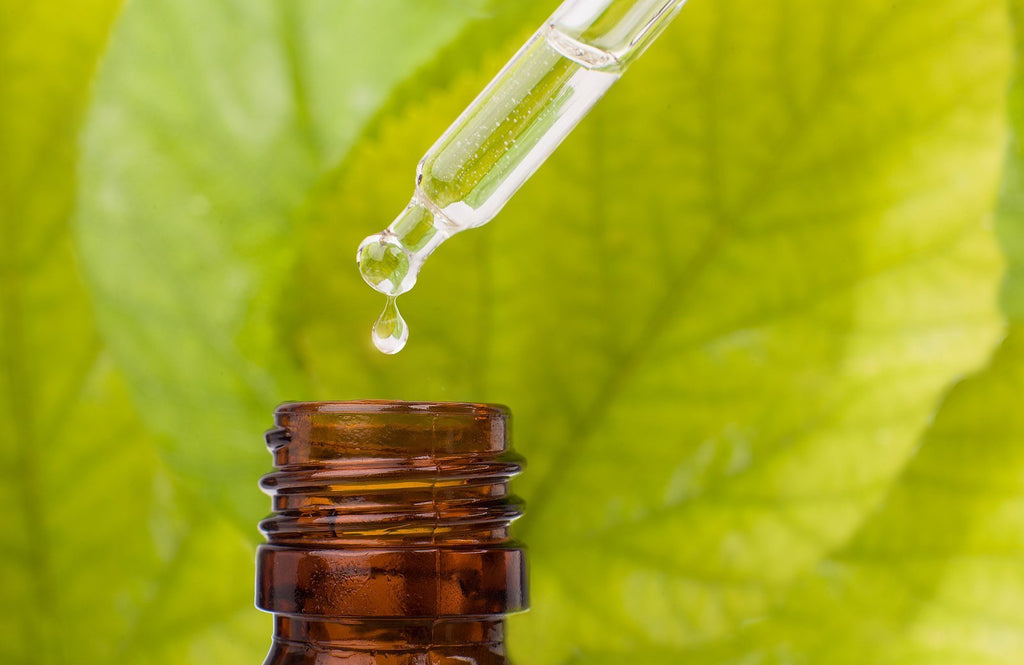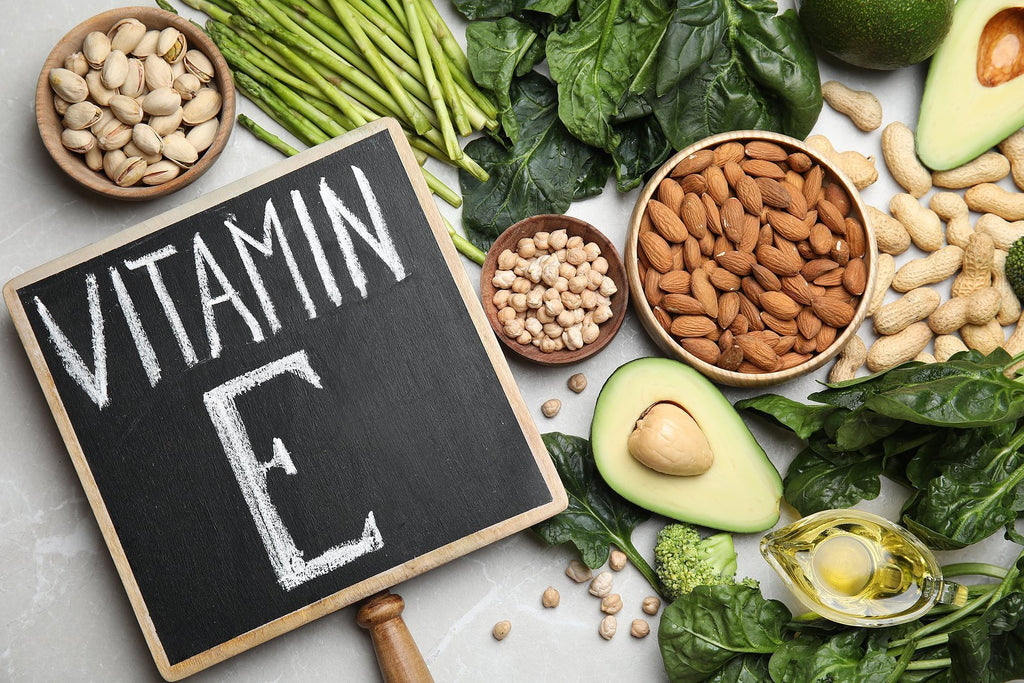How Lectins Attack Your Body
Lectins are proteins that are mostly concentrated in the reproductive part of a plant’s life cycle (the seed). However, lectins are often found throughout the plant as well and are used as a chemical weapon to protect that plant – sort of a natural insecticide.
Because of their ability to ward off bugs, some crops are genetically modified to have even more lectins. This is a big problem because lectins not only harm bugs on the plants, they attack and damage your body.
While it’s impossible to avoid lectins altogether, you should be aware of the ones that are particularly harmful. The ones to limit or avoid are found in grains, beans, certain fruits and vegetables, and conventional dairy products.
How Lectins Damage Your Body
For starters, they’re resistant to digestion. They use their stickiness to bind to cells through sugar molecules like sialic acid, which is found in your brain, joints, blood vessels, nerves, and gut. When the lectins attach, they interrupt the communication between your cells and trigger inflammation. This is why fatigue, joint pain, and brain fog are common symptoms of eating too many lectins.
When lectins bind to the cells of your gut lining, they prevent proper nutrient absorption, thus depriving your body of what it needs to thrive.
In the gut, lectins trigger your body to release zonulin, a protein that increases gut permeability. As a result, lectins, food particles, and metabolic wastes can sneak into your bloodstream. And that’s not supposed to happen! This is the condition known as ‘leaky gut‘. In response to these particles making their way into your blood, your body releases signaling molecules called cytokines, which create inflammation and make antibodies. This is an immune response to the toxins, the bacteria, the food particles, and the lectins that are all getting into your blood through the holes in your gut.
Since lectins are sticky and stick to the outside of your healthy cells, when your body tries to defend itself, it attacks healthy cells as well. Theories in this area claim that lectins are linked to celiac disease, rheumatoid arthritis, and other autoimmune diseases where your body attacks its own tissue.
Bacteria and viruses also use lectins to attach to their targets, so eating a diet high in lectins may increase your likelihood of developing an infection.
Some lectins can act as endocrine disruptors, meaning they interfere with the healthy function of hormones that manage your body. Lectins can change, imitate, or take over the duties of certain hormones, causing problems in the communication system of your body.
It’s likely you’ve had minor reactions to lectins. Your body has a few defense mechanisms that include producing mucus in your nose and mouth to trap lectins. I don’t know about you, but when I eat a food high in lectins, within a few minutes I get an immune response that includes increased mucus and a white coating on my tongue.
However, most lectins make it through to the gut where the intestinal mucosal wall tries to keep them out of the bloodstream.
Lectins and Cancer
Because lectins are sticky, they can cause cells to clump together in the blood, leading to anemia, allergies, and autoimmune issues. They’re also known to interact with compounds called mitogens that stimulate cell division. While this could be good in some cases, it’s phenomenally dangerous in the case of cancerous cells.
The WGA Danger
The lectin called wheat germ agglutinin (WGA) mimics insulin, which is especially dangerous. WGA wreaks havoc on your body by binding to fat muscle and brain cells and by preventing insulin from doing its job of regulating the movement of blood sugar into cells for producing energy. This results in false hunger signals and glucose cravings, and can even direct fat cells to store more fat.
Your Brain Isn’t Excluded From Damage
WGA is one of the worst lectins because it’s so small. It easily sneaks into your bloodstream through a compromised gut lining and can travel directly to your brain. The sticky nature of WGAs helps them to transport substances through the blood-brain barrier, which is there to protect your brain. This is one of the ways that lectins can create neurological symptoms or disorders.
Neither Is Your Heart
WGAs also attach to the walls of your blood vessels, forcing your body to fight back with inflammation and by hardening blood vessels. Thus the risk of cardiovascular disease goes way up.
What Can You Do To Lessen Lectin Damage?
Simple… reduce your lectin load.
- Limit your intake of beans, legumes, grains, and conventional dairy products.
- Take a quality probiotic with digestive enzymes, especially if you’re over 30. This will help protect your intestinal wall. Certain strains of good bacteria can destroy lectins before they do too much damage. Having a healthy amount of digestive enzymes can help to deteriorate some of the lectins. Even though lectins tend to be pretty resistant to digestion, this is still important because most people over 30 are deficient in enzymes.
For a high-quality enzyme supplement, simply check out my product called Digestive Enzymes. Review the list of ingredients and what each enzyme does inside your body.
Food Preparation
There are food preparation methods that will help limit how lectins affect your body.
- Peel and deseed veggies and fruits that are high in lectins.
- Ferment foods. You get an added benefit because the fermentation process increases the nutritional content.
- Soak or sprout high lectin foods.
- Pressure-cook certain high-lectin foods, such as potatoes. However, pressure-cooking won’t help with legumes and grains. You’ll need to soak these or just avoid them.
Obviously, the best strategy is to avoid high-lectin foods altogether. In addition, let how you feel be a guide. If you really feel better for eliminating them, consider leaving them out of your diet permanently.
Sharing is caring
Know Your Body - Know Your Health






